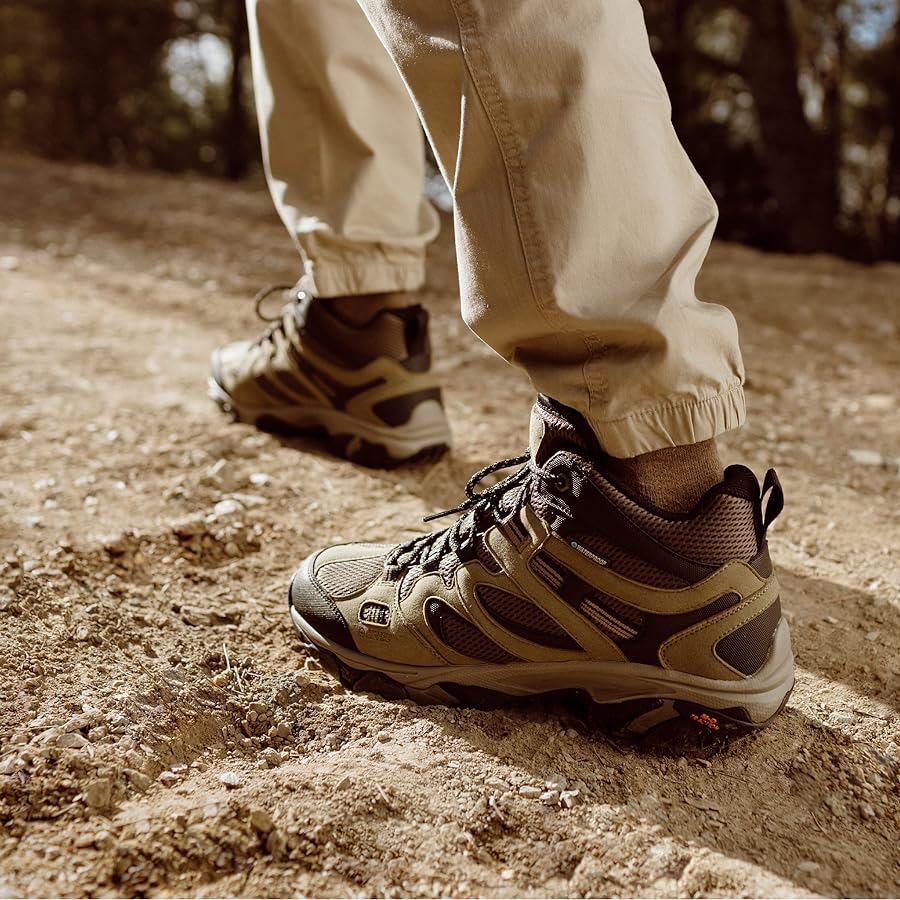Hiking is a great way to enjoy the outdoors and stay active, but it’s important to have the right hiking shoes waterproof to ensure a safe and comfortable experience. When it comes to hiking, having the right footwear is crucial, especially if you’ll be facing wet or unpredictable weather conditions. Waterproof hiking shoes are designed to keep your feet dry and comfortable while navigating through various terrains, and selecting the right pair is essential for a successful hike. With so many options available, it can be overwhelming to choose the best waterproof hiking shoes for your needs. In this guide, we’ll break down the key factors to consider when selecting waterproof hiking shoes to help you make an informed decision.
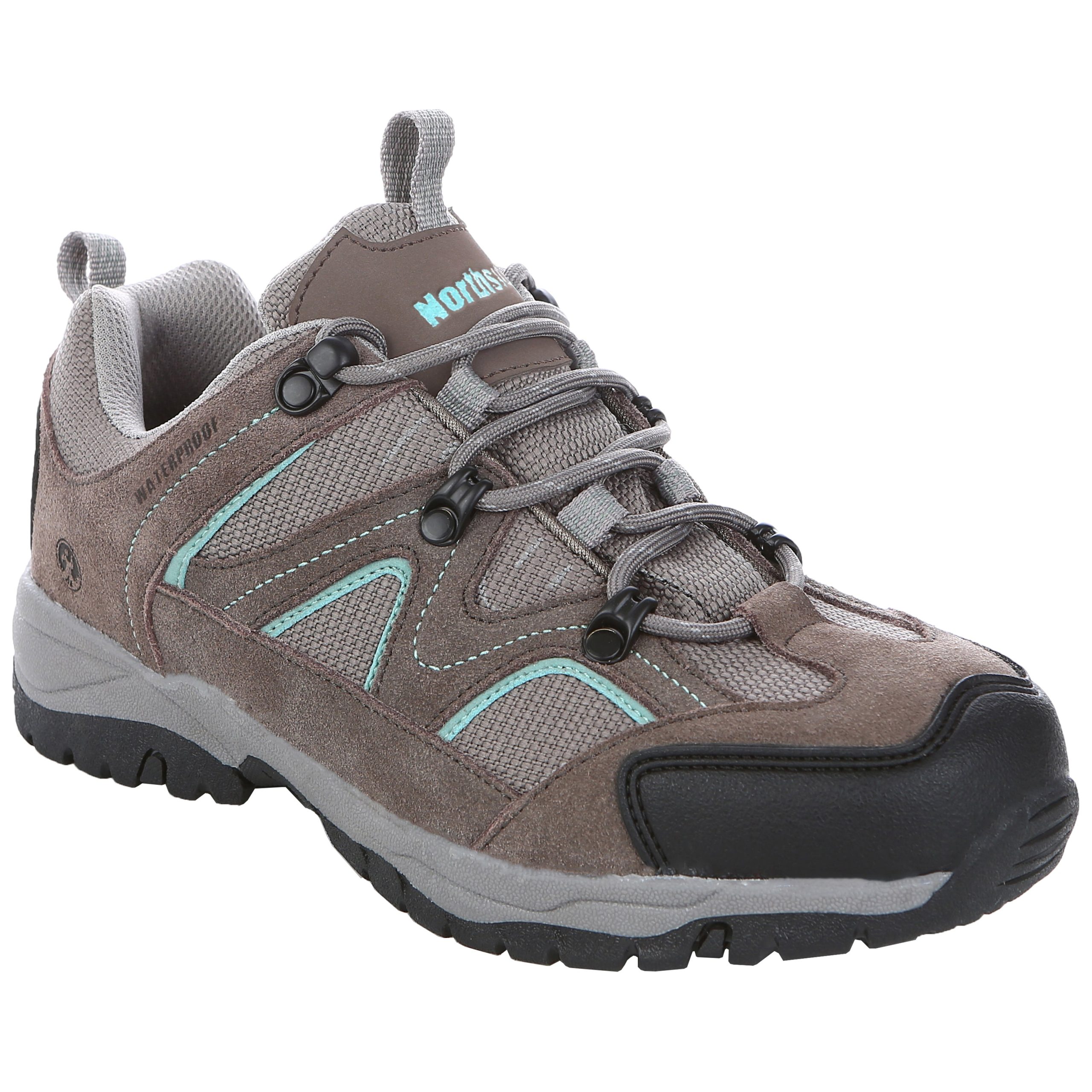
Consider the Terrain
When choosing waterproof hiking shoes, it’s important to consider the type of terrain you will be hiking on. Different terrains require different levels of support, traction, and durability. If you’ll be hiking on rugged, rocky terrain, you’ll want hiking shoes with a stiffer sole and strong ankle support to prevent injuries. On the other hand, if you’ll be tackling muddy or wet trails, you’ll need shoes with aggressive treads and excellent waterproofing to keep your feet dry. Understanding the terrain you’ll be encountering will help you narrow down your options and find the best waterproof hiking shoes for your adventure.
Fit and Comfort
The fit and comfort of your waterproof hiking shoes are essential for a pleasant hiking experience. Ill-fitting shoes can lead to blisters, sore feet, and discomfort, which can quickly ruin your hike. When trying on hiking shoes, be sure to wear the same socks you’ll be wearing on the trail to ensure a proper fit. Look for shoes with ample toe room and a snug heel to prevent your foot from sliding around and causing friction. It’s also essential to walk around in the shoes to test their comfort and support. Pay attention to how your foot feels in the shoes and make sure there are no pressure points or areas of discomfort.
Waterproofing Technology
The waterproofing technology used in hiking shoes is what sets them apart from regular trail shoes. There are various waterproofing technologies used in hiking shoes, such as Gore-Tex, eVent, and proprietary waterproof membranes. These technologies are designed to keep water out while allowing moisture to escape, keeping your feet dry and comfortable. When evaluating waterproof hiking shoes, consider the level of waterproofing you’ll need based on the conditions you expect to encounter. Keep in mind that while waterproof membranes are effective at keeping water out, they can also reduce breathability, so it’s important to find a balance between waterproofing and breathability that suits your hiking style.
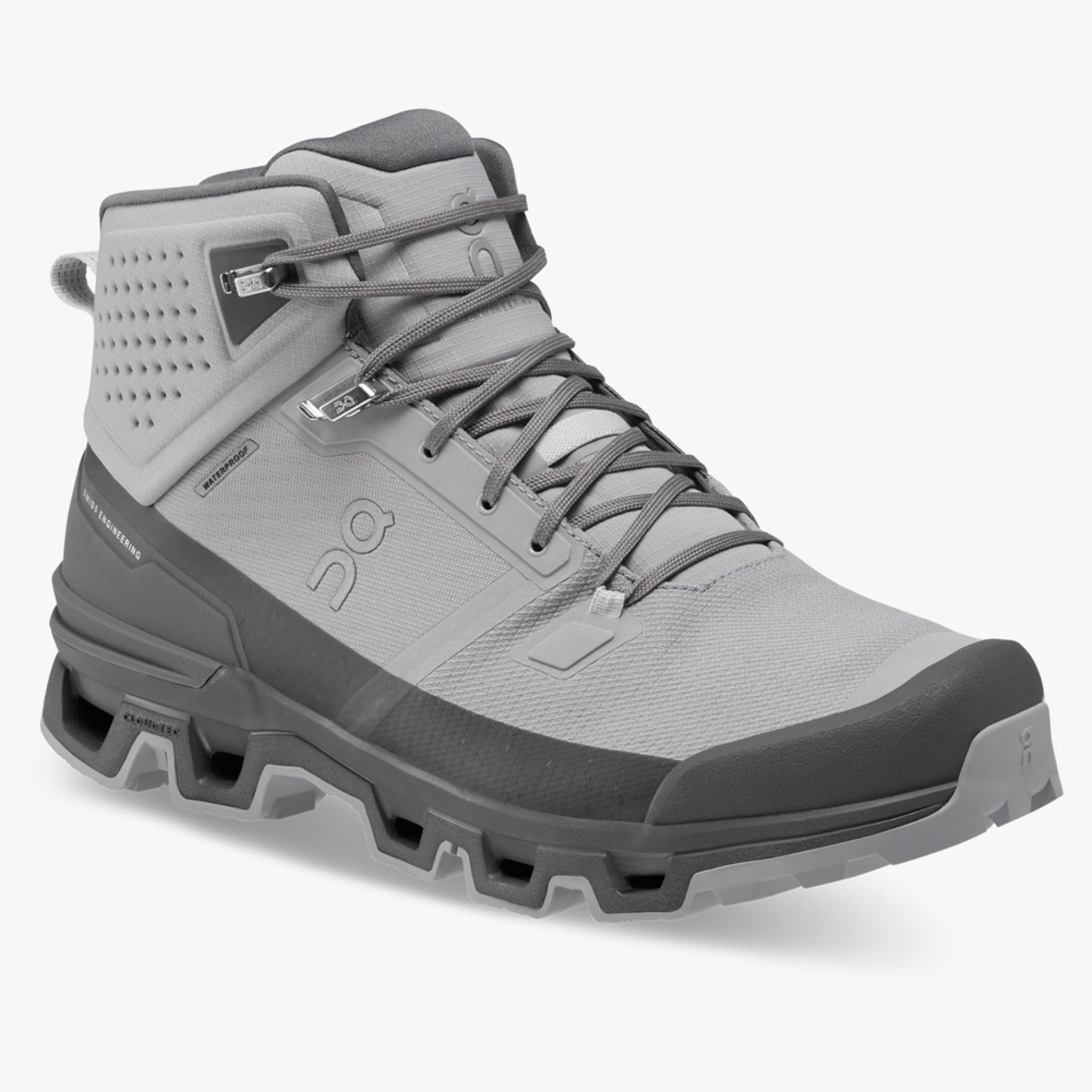
Durability
Hiking shoes are subjected to a lot of wear and tear, especially when navigating through rough terrain and adverse weather conditions. As such, durability is a crucial factor to consider when choosing waterproof hiking shoes. Look for shoes with sturdy construction, reinforced toes and heels, and high-quality materials that can withstand the rigors of hiking. Additionally, consider the expected lifespan of the shoes based on the type of hiking you’ll be doing and the frequency of use. While durable shoes may come with a higher price tag, they can save you money in the long run by lasting through multiple hiking seasons.
Weight
The weight of your hiking shoes can have a significant impact on your comfort and performance on the trail. Lightweight hiking shoes are ideal for fast-paced hikes and minimalistic packing, while heavier shoes may provide more support and protection in rugged terrain. Consider your specific hiking needs and preferences when evaluating the weight of waterproof hiking shoes. Keep in mind that while lighter shoes may be more comfortable and easier to move in, they may sacrifice durability and support. Strike a balance between weight and performance to find the best waterproof hiking shoes for your individual needs.
Proper Care and Maintenance
Once you’ve selected the perfect pair of waterproof hiking shoes, it’s important to properly care for and maintain them to ensure their longevity and performance. Regularly cleaning your shoes, removing dirt and debris, and applying waterproofing treatments can help extend the life of your hiking shoes and keep them in top condition. Additionally, following the manufacturer’s care instructions and storing your shoes in a cool, dry place when not in use can prevent premature deterioration and ensure they’re ready for your next adventure.
Advantages of hiking shoes waterproofing
Hiking is a popular outdoor activity that offers a wide range of physical and mental benefits. Whether you are a seasoned hiker or a beginner, having the right footwear is essential for a successful and enjoyable hike. One of the most important features to consider when choosing hiking shoes is waterproofing. Waterproof hiking shoes offer a variety of advantages, making them a valuable investment for outdoor enthusiasts.
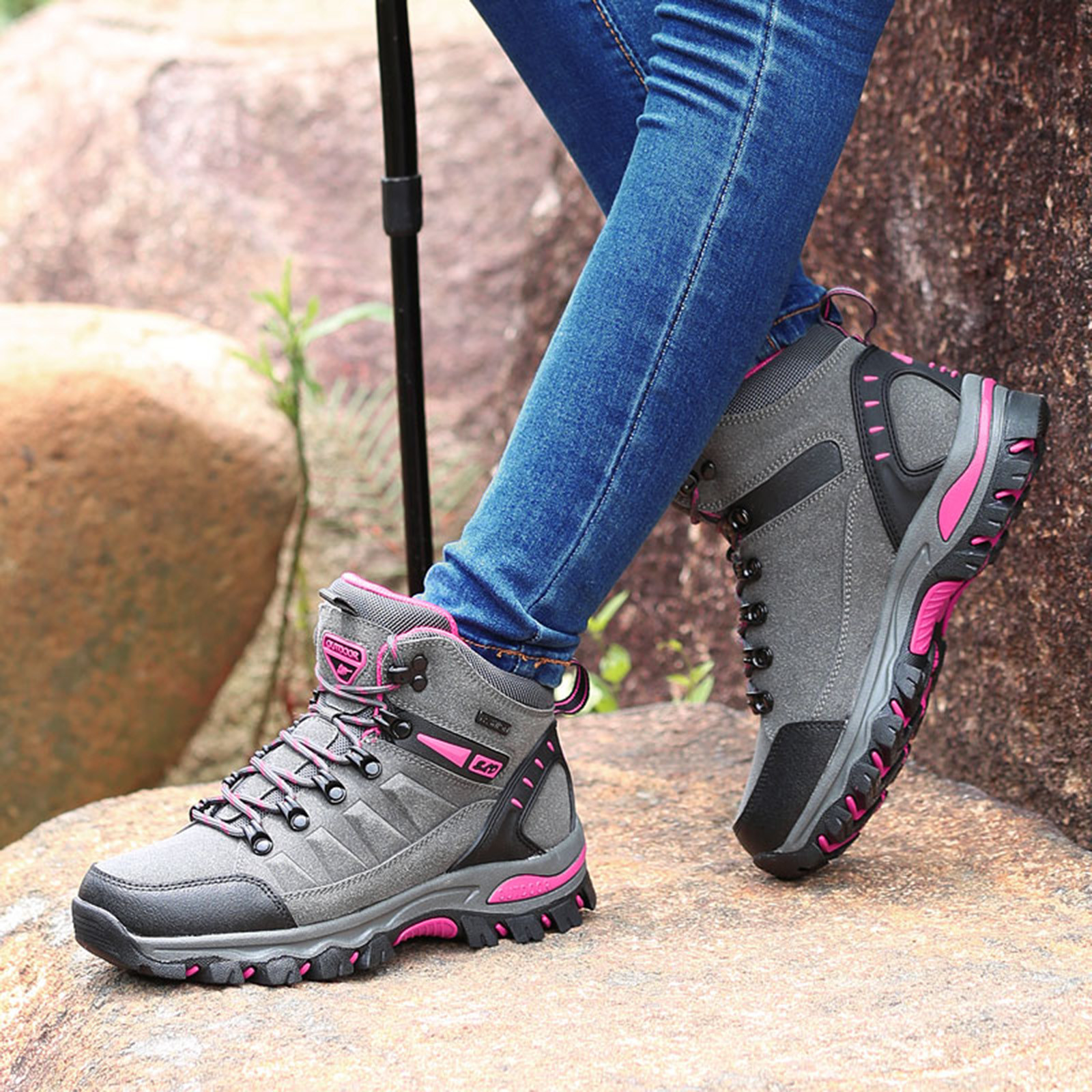
Protection from the Elements
One of the most significant advantages of waterproof hiking shoes is their ability to protect your feet from the elements. Whether you are hiking in rain, snow, or muddy terrain, waterproof shoes provide a barrier against moisture, keeping your feet dry and comfortable. Wet feet can lead to blisters, discomfort, and even frostbite in extreme conditions. Waterproof shoes prevent water from seeping into the shoe, ensuring that your feet stay warm and dry, even in challenging weather conditions.
Enhanced Durability
Waterproof hiking shoes are designed to withstand the rigors of outdoor adventures. The waterproofing technology used in these shoes not only keeps moisture out but also adds an extra layer of protection to the shoe’s materials. This can result in increased durability and longevity, as the shoes are less likely to deteriorate from exposure to water, mud, and debris. Additionally, waterproof shoes are often made with high-quality materials and construction techniques that contribute to their overall durability, making them a reliable choice for hikers who demand long-lasting footwear.
Comfort and Support
Comfort and support are key considerations when it comes to hiking footwear. Waterproof hiking shoes are engineered to provide a comfortable and supportive fit while also keeping your feet dry. The waterproofing membrane used in these shoes typically allows for breathability, preventing moisture buildup inside the shoe while still keeping water out. This helps maintain a comfortable climate for your feet, reducing the risk of chafing, blisters, and discomfort. Additionally, waterproof hiking shoes often feature robust ankle support and cushioning to enhance stability and reduce the risk of injury on uneven terrain.
Versatility
Another advantage of waterproof hiking shoes is their versatility. These shoes are designed to perform well in a variety of outdoor conditions, making them suitable for hikers who explore different terrains and climates. Whether you are trekking through wet forests, traversing rocky terrain, or navigating snow-covered trails, waterproof shoes offer reliable protection and performance. Their ability to keep your feet dry and comfortable in diverse environments makes them a versatile choice for hikers who seek footwear that can adapt to changing conditions.
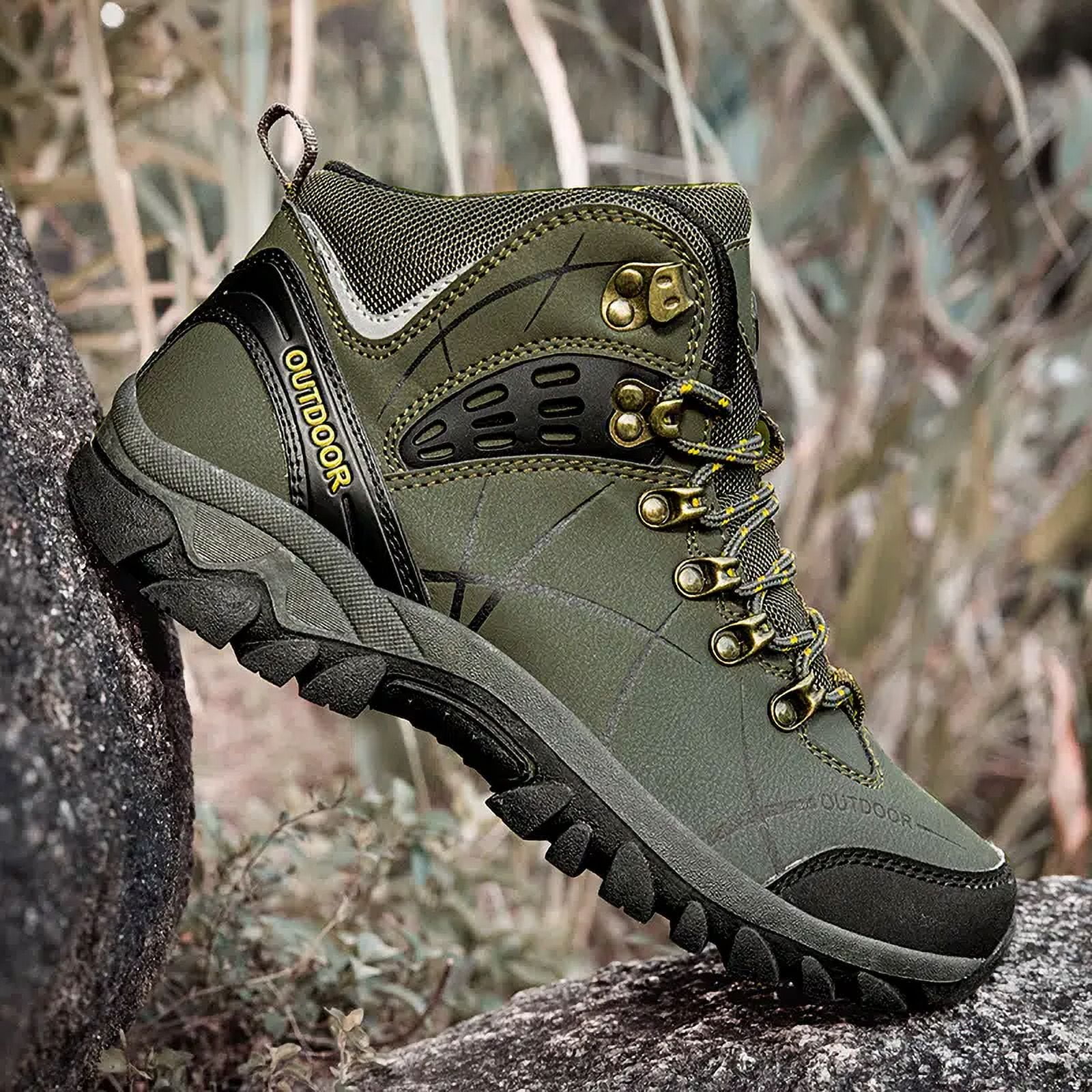
Conclusion
Choosing the right waterproof hiking shoes is an essential part of preparing for a successful and enjoyable hiking experience. By considering factors such as terrain, fit and comfort, waterproofing technology, durability, weight, and proper care and maintenance, you can make an informed decision when selecting hiking shoes that will keep your feet dry and comfortable in all kinds of conditions. Whether you’re a casual hiker or an outdoor enthusiast, investing in high-quality waterproof hiking shoes is a crucial step toward ensuring your safety and comfort on the trail. With the right pair of hiking shoes, you can explore the great outdoors with confidence and peace of mind.
